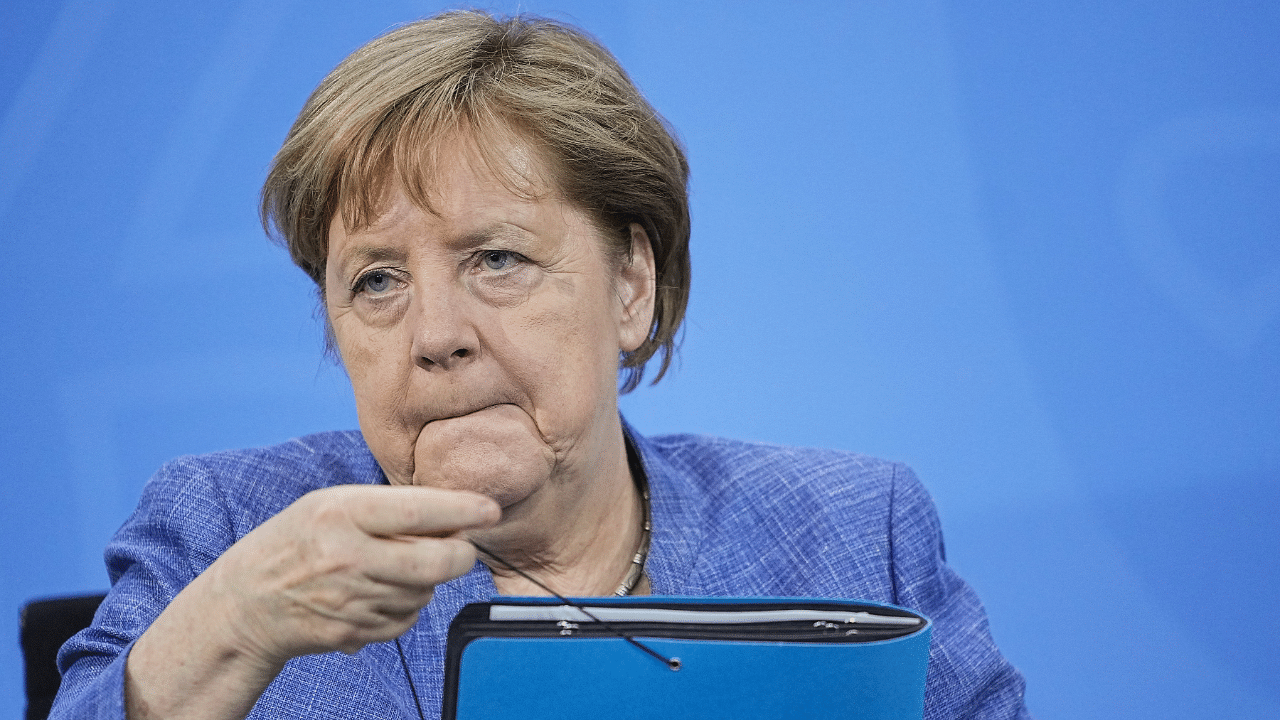
The recent elections to the German parliament marked the end of an era in more ways than one. For one, this was the first time in several decades that Chancellor Angela Merkel, Germany’s first woman chancellor, did not contest the elections. More importantly, it is the first time in two decades that Merkel did not lead her party, the Christian Democratic Union (CDU), in the election campaign. Back in October 2018, Merkel had announced that she would not seek a record fifth term as Germany’s Chancellor or seek re-election as leader of CDU but would continue at the helm of the party till the 2021 election. Merkel became Germany’s Chancellor for the first time in 2005 and was re-elected in 2009, 2013 and 2017. For the first time in 16 years, she will not be heading the government that emerges from Sunday’s election. She dominated Germany’s domestic politics and the political stability she gave the country enabled her to provide the European Union (EU) decisive leadership and to steer the grouping through several crises, including the migration crisis, the euro crisis, Covid-19 as well as Brexit. The EU will miss her leadership and presence at the steering wheel. Rudderless, the grouping will struggle without her guidance and experience.
For the first time in 16 years, the CDU-Christian Social Union (CSU) coalition has failed to get the largest number of seats; it has been defeated by the centre-left Social Democratic Party (SPD), which secured 206 seats. However, the SPD victory is narrow. Both the SPD and the conservative CDU-CSU bloc are in a position to form the next government and are scouting for allies. The Greens, the Free Democratic Party and the Alliance for Germany (AfD) have emerged as kingmakers. While the Greens are an environment-minded party, the FDP stands for free market, while the AfD is a far-right party. Hard bargaining and compromise will precede the formation of the next government, which could take weeks, if not months.
Forming the next government is likely to be hard. But ensuring stable governance could prove even more challenging given the differences in the outlook and agendas of the parties that have to come together. Germany will take over the leadership of the G-7 in January. Will the country have a government in place by then? If the parties fail to form a coalition government by December, Merkel will create another record by becoming the country’s longest-serving Chancellor, but can she make commitments on behalf of Germany at the CoP26 in Glasgow or provide leadership at the G-7?